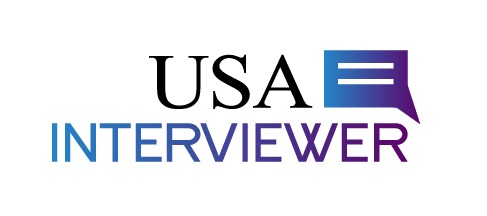According to the blood type diet, you should eat particular foods. Although you might lose weight on this diet, your blood type probably has nothing to do with it.
Should the sort of food you eat be based on your blood type? According to one trendy diet, you should concentrate on particular meals based on what is running through your veins, but research disagrees.
According to the blood type diet, a healthy eating strategy should be based on your blood type. But eating for your blood type won’t magically make you healthy or help you lose weight, according to science. Instead, maintaining a balanced diet and an exercise routine will increase your chances of achieving your health goals.
The Blood Type Diet: What Is It?
“Eat Right 4 Your Type,” a book written by naturopathic physician Peter J. D’Adamo, was published in 1996. The underlying idea of the book is that the four primary blood groups—A, B, AB, or O—determine how our bodies react to various meals. The book makes particular dietary and exercise suggestions for each blood type and asserts that some foods are processed by each blood type more effectively than others.
Many readers of the best-selling book took the decision to learn their blood types in order to lose weight. People who wanted to lose weight were attracted by a doctor’s diet suggestion that gave them a fresh perspective: eating according to your blood type.
The blood type diet has seen its fair share of promotion and detractors, much like other speciality diets.
Although not for the reasons it claims, it might aid in your short-term weight loss.
What the Blood Type Diet Is Said to Do
According to the book, in addition to diet, your blood type should also influence the condiments, spices, vitamins, relaxation methods, and exercise you choose. For example, those with type O blood are encouraged to engage in high-intensity aerobic exercise and supplement their diets, whereas those with type A blood are urged to adhere to low-intensity exercises and learn meditation.
These overarching suggestions are promoted by the “Eat Right 4 Your Type” guidelines.
Type A
The guidelines describe people with type A blood as sensitive, creative, and analytical, and they advise them to practice meditation and centering exercises in addition to avoiding “triggers” like caffeine, sugar, and alcohol. In its place, they advocate a diet high in vegetables, fish, tofu, grains, and legumes.
Type B
According to the blood type diet, people with type B blood should consume a “balanced omnivore” diet. This would entail a limit on poultry, corn, lentils, sesame seeds, and wheat, as well as fruits, vegetables, grains, seafood, meat, and dairy. It’s also advised to engage in moderate activity levels like swimming and hiking.
Sort AB
The recommended diet for those with type AB blood includes a variety of foods such lamb, fish, beans, grains, vegetables, fruit, and dairy. Corn, chicken, buckwheat, and kidney beans are advised to be avoided. They also say that combining cycling or swimming with soothing, moderate activity like yoga can be advantageous.
Type O
According to the blood type diet, a person with type O blood is more likely to be a “self-reliant leader,” hence high-protein foods are advised. They advise engaging in vigorous exercise and eating a diet rich in meat, fish, vegetables, and fruit. They also advise against eating wheat, corn, certain legumes, and dairy when following a type O blood diet.
The Blood Type Diet: Is it Bad?
“If someone has extremely bad eating habits and this technique inspires and speaks to them, they can definitely give it a try as a way to move toward more mindful eating. Following this approach shouldn’t cause any harm or problems, according to DeRobertis.
The actual plan does direct participants toward generally healthful foods, but for some, it includes unneeded restrictions. When beginning any diet, it’s crucial to consult your doctor to ensure that you’re still getting all the nutrients you require. Make sure you obtain enough calcium from sources other than dairy, for instance, if your blood type plan forbids dairy consumption.
According to DeRobertis, the only risk associated with the blood type diet is “feeling duped or misled when someone finds out that this approach is lacking credible evidence.”
Wesley McWhorter, the head of culinary nutrition for the Nourish Program at the Center for Healthy Living at the University of Texas Health Science Center at Houston School of Public Health, describes the situation as “honestly, it’s kind of sad.” “People with a financial incentive to promote a poor diet have spread a lot of false information. This is exactly that, claims McWhorter. It “doesn’t make any sense” to exclude objectively healthy meals only because of your blood type.


